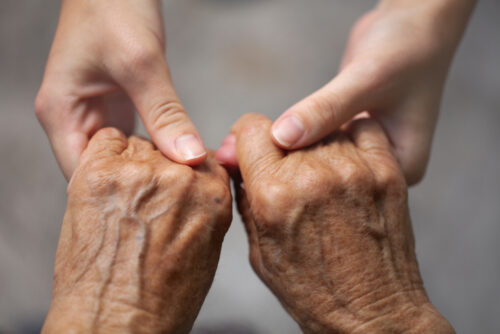
Elders are already a vulnerable community. So it is saddening to hear that reports of physical elder abuse occur far too often in the state of California. Nonetheless, if you suspect that your elder is being physically abused, read on to discover how a seasoned California elder abuse lawyer at Cowdrey & Jenkins LLP can work on your behalf to recover damages and seek justice.
Where may physical abuse of an elder occur?
Regardless of what care facility you take your loved one to, you trust that their caretakers will treat them with kindness and respect, and overall meet their needs. Unfortunately, though, abuse is still seen to occur in all of the following types of care facilities:
- Nursing homes.
- Hospice care.
- Hospitals.
- Residential care facilities.
- Assisted living facilities.
- Memory care facilities.
- Home health agencies.
What are the signs of physical elder abuse?
Worth mentioning, signs of physical elder abuse may be easier to discover than financial abuse or emotional abuse. Examples of physical signs that you should look out for include, but are not limited to, the following:
- Bruises on the head, neck, soles of the feet, torso, etc.
- Bruises on the body larger than two inches.
- Cuts and scratches on the body that are left unexplained.
- Broken bones that are left unexplained.
- Your loved one complains of constant pain.
- Your loved one complains of soreness.
In addition to physical signs of abuse, you should look out for changes in your loved one’s behavior or personality. Typically, being withdrawn or quiet indicated that abuse has occurred. Or, showing fear when certain caretakers enter the room may also indicate this.
It is also important to note that it is typical for victims of abuse to lie about their incident so to protect themselves from further abuse. So, you should always trust your gut when it comes to protecting your loved one.
What should I do if I believe that my elder is being physically abused?
If you suspect that your elder is being physically abused, even if they are denying it, you should take action to put a stop to this. More specifically, you should follow the below steps:
- Report the incident to the care facility.
- Report the incident to law enforcement.
- Report the incident to the Long-Term Care Ombudsman CRISISline (1-800-231-4024) and/or the California Department of Public Health (1-833-401-0832).
- Take photos and videos of injuries, damages, and any instances of abuse you observe.
- Keep track of the claims your loved one makes about abuse (i.e., physical, emotional, and financial).
- Keep track of medical records, financial records, and otherwise.
- Retain the services of a competent California elder abuse lawyer.
To get started on your elder abuse claim, give our firm a call today.